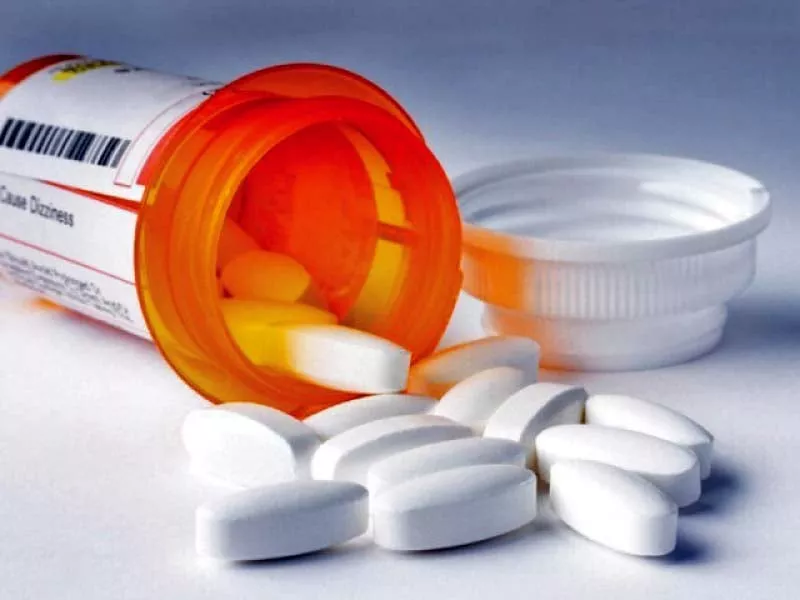Pharma sector regrets lack of support
Stakeholders demand measures similar to those taken for Indian pharma industry
LAHORE:The pharmaceutical sector of Pakistan is still unhappy as far as government support is concerned despite the recent hike in prices of around 94 lifesaving drugs, which has sparked criticism of the current leadership.
Industry stakeholders are of the view that multiple loopholes exist with regard to certain policies, research and infrastructure upgrade in the sector.
“When it comes to planning, investment, growth and development of pharmaceutical industry, the government does not bother to pay any heed due to which it falls short of achieving even the minimum,” they said while talking to a group of journalists on Thursday.
“The pharmaceutical industry of India has crossed milestones over the years solely through the support of its government.”
Recently, the Indian government launched new schemes for further growth of its pharmaceutical industry with an investment of around Rs779 billion having potential to create 255,500 jobs.
At present, the growth rate for drugs in India stood at 10-12% while for medical devices, it ranged from 12-15%, they said.
Foreign direct investment inflows into drugs in India stood at Rs36.5 billion in 2019-20, an increase of 98% against Rs18.42 billion in 2018-19, they said.
For the promotion of Bulk Drug Parks, India set a few objectives that included easy access to world-class research and development infrastructure facilities at one place with assured land, easy access to testing facilities and economies of scale, they added.
On the other hand, there are only three to four units in Pakistan that are producing active pharmaceutical ingredients (API), which do not even cater to 1-2% of total requirement of the country.
“The remaining active and inactive material is imported,” a drug manufacturer said, adding that no biological product was produced locally.
Biological products include all vaccines, insulin, plasma-derived products, recombinant biologicals, cardiac enzymes, equine serum products, monoclonal antibodies and anti-retrovirus.
“There is nothing like a medical device industry in Pakistan,” he said. “There is an industry based in Sialkot producing surgical instruments but there is nothing that can be classified as high-end invasive product.”
According to him, the domestic pharma sector is in a poor condition because the government does not treat it as an industry rather it treats the sector as a philanthropist.
“There are approximately 772 pharmaceutical firms in the country but still there is shortage of medicines in the market,” he pointed out. “It is quite unfortunate on the part of the government to ignore the $3.1 billion industry that produces 80% of the products locally and employs 150,000 individuals directly and 300,000 people indirectly.”
Another issue adding to the woes was that the pharmaceutical industry was the most regulated sector, yet it faced the lack of quality infrastructure and research for which the government had been charging a tax since 1976, he added.
“There is no explanation for the money collected under the Central Research Fund since 1976,” he lamented.
According to him, this is the reason why there is not a single FDA-approved laboratory in Pakistan, which is the global standard in the pharmaceutical industry.
“Though the industry is one of the top taxpayers in the country, it does not make its own molecules,” said the manufacturer. “It is rather an assembly outfit, and there is no research and development.”
Any drug manufactured in Pakistan could not be imported, said the manufacturer.
He highlighted that in Pakistan there were only two biological dedicated plants - National Institute of Health and DUHS, though the unit at DUHS was not functional at the moment.
The stakeholders urged the government to address the issues plaguing the sector on war footing and take measures to develop the industry which could, in turn, benefit the national economy in a far better way.
Published in The Express Tribune, October 23rd, 2020.
Like Business on Facebook, follow @TribuneBiz on Twitter to stay informed and join in the conversation.


COMMENTS
Comments are moderated and generally will be posted if they are on-topic and not abusive.
For more information, please see our Comments FAQ